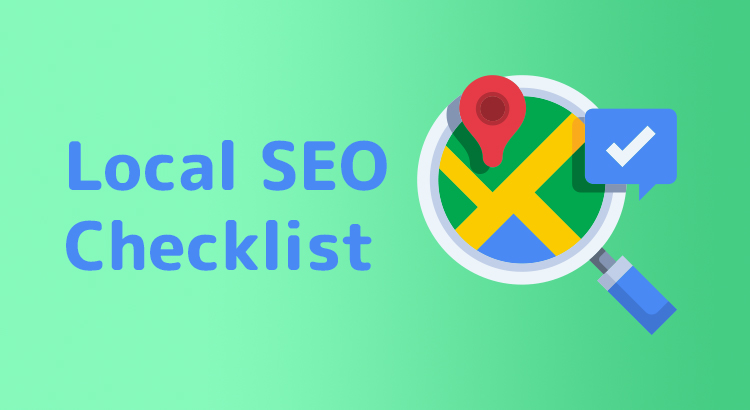By tailoring SEO strategies to target local audiences, businesses can leverage the power of online search to drive foot traffic, increase conversions, and establish a strong local presence. This complete guide aims to provide digital marketers with a detailed local SEO checklist, encompassing essential steps to optimize their businesses for local search success.
Related Article: What is SEO? Search Engine Optimization Full Guide
Effective Local SEO Strategies
Here are most effective local search engine optimization strategies.
1. Claim and Optimize Your Google Business Profile
Your GBP (formerly Google My Business) is crucial for local SEO, managing your online presence on Google Search and Maps. Complete all details accurately, add engaging media, and respond to reviews promptly for improved visibility and customer satisfaction.
2. Focus on Local Keywords
Incorporate location-specific terms into website content, meta tags, and page titles to boost local search rankings. Use tools like Google’s Keyword Planner and analyze competitors’ strategies for effective keyword targeting.
A skilled SEO expert will find the right keywords to optimize your content.
3. Use Schema Markup
Enhance search visibility with schema markup, providing search engines more business information. Utilize Google’s tools to create, implement, and test schema markup for your website and online directories.
4. Build Local Citations
Boost credibility and rankings by listing your business on directories like Yelp and Yellow Pages. Ensure NAP consistency across platforms and regularly update and monitor citations for accuracy.
5. Get Backlinks from Local Sources
Improve local SEO with backlinks from local sites, signaling business relevance. Partner with local businesses, contribute to local blogs, and secure mentions from local media outlets for backlink acquisition.
6. Generate Reviews from Customers
Encourage positive reviews on platforms like GBP, social media, and other online platforms. Make leaving reviews easy for customers, and respond promptly and professionally to feedback, fostering trust and loyalty.
7. Create Local Content
Engage local audience with tailored content relevant to their interests and needs. Research local topics, use local keywords, and publish on various platforms to attract more local customers and establish authority.
8. Optimize Your Website for Mobile
Ensure your website is mobile-friendly to cater to users searching for local businesses on mobile devices. Use responsive design, readable fonts, and clear call-to-action buttons for better user experience.
9. Monitor Your Online Presence
Monitor your online presence to uphold a positive brand image, ensuring accuracy in business information and promptly addressing reviews. Utilize tools like Google Analytics to track mentions and review sentiments across various platforms.
10. Use Social Media to Promote Your Business
Leverage social media platforms to engage with local audience and drive traffic to your website. Share valuable content regularly, use local hashtags, and choose the right platforms for your business and audience.
11. Implement a Local Link-Building Strategy
Establish authority in your community by acquiring backlinks from local websites. Reach out to local bloggers and influencers, sponsor events, and create valuable content for backlink acquisition.
12. Optimize Your Website’s Loading Speed
Improve user experience and search rankings by optimizing website loading speed. Use CDNs, optimize images and videos, and minimize HTTP requests for faster loading times.
13. Track and Analyze Your Local SEO Efforts
Monitor website traffic, search rankings, and online reviews to assess local SEO performance. Utilize tools like Google Analytics to identify areas for improvement and adjust your strategy accordingly.
Read More: Why SEO Is Important for Business to Achieve Online Growth?
Conclusion of Local SEO Checklist
Implementing a strong local SEO strategy is paramount for businesses seeking to thrive in their local markets. By following this comprehensive checklist, businesses can attract local customers and establish themselves as authoritative entities within their communities.


